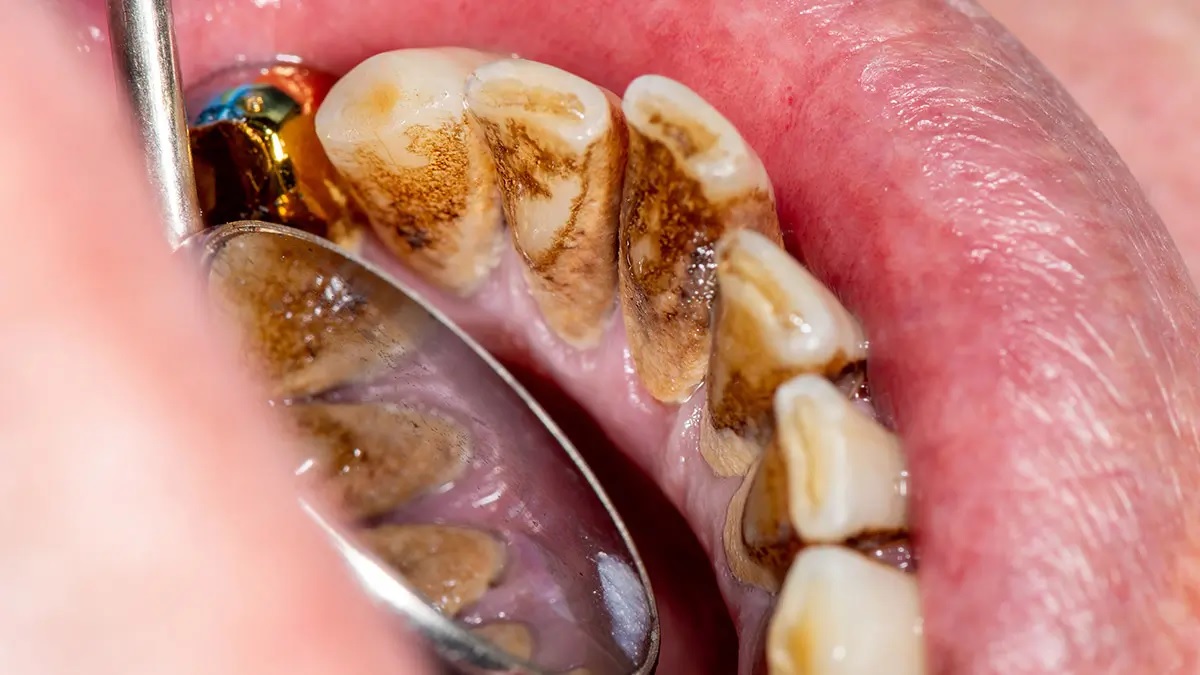Tartar, also known as dental calculus, is a frequent oral health problem that affects anyone. It is essential to understand dental calculus and its formation to practice proper oral care. A dentist in Fairfield, ME, stressed the need to treat and prevent calculi. You will get in-depth knowledge of dental calculus, how it forms, and how to avoid it from this blog post.
A hardened layer of mineralized plaque that builds up on the surface of teeth is called dental calculus. The formation can be seen both above and below the gum line. Dental calculus is infamous for its yellow or brownish appearance, and if left untreated, it can result in a variety of oral health issues.
Formation of Dental Calculus
Dental plaque, a sticky layer of bacteria that develops naturally on the teeth, is the first step in the process that leads to the formation of dental calculus. The formation of plaque takes place first. Plaque continuously accumulates on the teeth. It is made up of saliva, food particles, and germ cells. By consuming sugars and carbohydrates from the diet, these bacteria produce acids that can damage the enamel of the teeth.
The deposition of minerals in saliva, such as phosphate and calcium, combine with the plaque over time. As this mixture solidifies, dental calculus is formed. Both above and below the gum line (subgingival) are possible locations for calculus formation. Bacteria can thrive in dental calculi, further contributing to the development of oral health issues. These bacteria can lead to gum inflammation (gingivitis) and, if left untreated, progress to periodontitis, a more severe form of gum disease.
Prevention and Treatment
Maintenance of proper oral hygiene is the mainstay of dental calculus prevention. Plaque removal and prevention of mineralization require regular brushing, flossing, and expert tooth cleaning. Dental hygienists and dentists can remove dental calculus deposits by performing a process known as scaling and root planing if it has already been developed.
Maintaining the best possible oral health requires an understanding of dental calculus and how it develops. To avoid plaque accumulation and the eventual development of dental calculus, Fairfield dentists emphasize the significance of routine dental examinations and consistent oral hygiene. You may preserve your smile and have excellent dental health for many years by being proactive.


